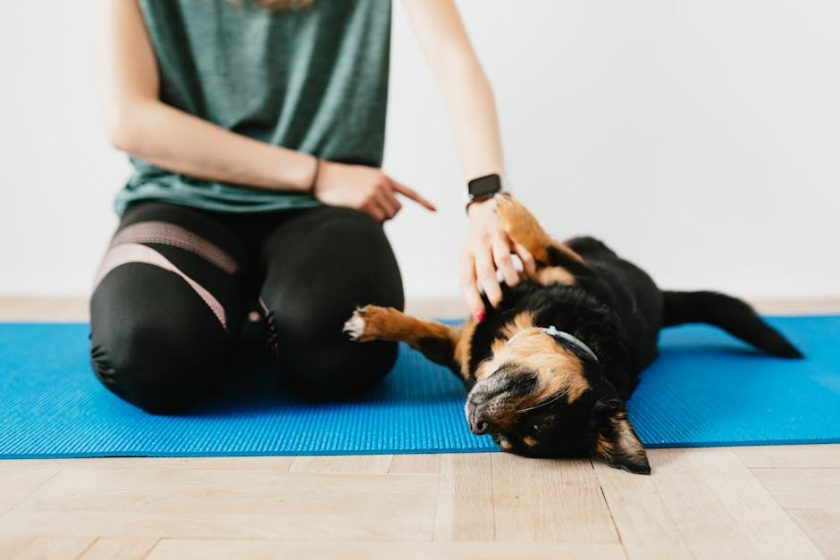Training your dog is not merely about teaching commands but fostering a strong, harmonious relationship built on trust and understanding. Whether you're a first-time dog owner or an experienced handler, this comprehensive guide will equip you with the essential knowledge and techniques to effectively train your canine companion.
**Understanding Your Dog's Unique Needs**
Each dog is an individual with specific needs and learning styles. Before embarking on any training program, it's crucial to understand your dog's unique temperament, motivations, and communication methods. Observe their body language, energy levels, and interactions with you and other individuals. This understanding will tailor your training approach to maximize their success.
**Positive Reinforcement: The Power of Rewards**
Positive reinforcement is the cornerstone of effective dog training. When your dog exhibits desired behaviors, reward them with treats, verbal praise, or play sessions. This positive association reinforces good behavior and encourages them to continue performing it. Avoid punishment, as it can damage your bond and create fear or anxiety.
**Consistency and Patience: Keys to Success**
Consistency is vital in dog training. Use the same commands, gestures, and rewards every time you train your dog. Patience is equally important. Training is a gradual process that requires repetition and plenty of time. Stay calm and avoid getting frustrated if your dog doesn't grasp the concept immediately.
**Start with Basic Commands**
Begin with basic commands such as "sit," "stay," "come," and "heel." Use clear, concise language and hand gestures to convey each command. Keep training sessions short and engaging, gradually increasing the duration and complexity as your dog progresses.
**Socialization and Obedience Training**
Socialization is essential for a well-behaved dog. Expose your dog to different environments, people, and animals while they are young. This helps build confidence and prevents fear or aggression towards others. Obedience training focuses on teaching your dog to follow commands in various situations, ensuring they are well-behaved both at home and in public.
**Advanced Training for Specific Needs**
Once your dog has mastered basic obedience, you can explore advanced training to address specific needs or interests. This could include agility training, therapy dog training, or scent work. Advanced training not only enhances your dog's skills but also strengthens your bond and provides mental stimulation.
**Professional Help When Needed**
If you encounter any challenges or difficulties during the training process, don't hesitate to seek professional help from certified dog trainers or veterinarians. They can provide guidance, support, and specialized techniques to address any underlying behavioral issues or training obstacles.

